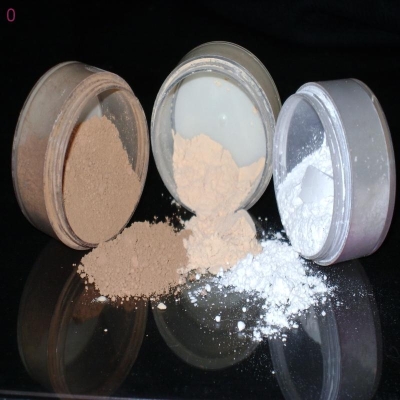-
Categories
-
Pharmaceutical Intermediates
-
Active Pharmaceutical Ingredients
-
Food Additives
- Industrial Coatings
- Agrochemicals
- Dyes and Pigments
- Surfactant
- Flavors and Fragrances
- Chemical Reagents
- Catalyst and Auxiliary
- Natural Products
- Inorganic Chemistry
-
Organic Chemistry
-
Biochemical Engineering
- Analytical Chemistry
- Cosmetic Ingredient
-
Pharmaceutical Intermediates
Promotion
ECHEMI Mall
Wholesale
Weekly Price
Exhibition
News
-
Trade Service
Original title: Taiwan Food and Drug Administration pioneered the identification technology of lard adulteration
Three years ago, there were unsancionable merchants in Taiwan mixed with lard with cooking oil, causing a bad oil storm. The agency spent a year developing new oil identification technology that can instantly detect whether plant ingredients are mixed in lard, the study was published in Food Control in March.
Taiwan Food and Drug Administration said that lard is a common oil used in Taiwanese cuisine, but three years ago, the outbreak of underground oil industry guo Licheng to buy used waste cooking oil, refined by underground oil plants, and then sold to strong crown company to manufacture into a whole scented lard and other products, but in the past there is no effective method of supervision.
it is understood that the Taiwan Food and Drug Administration spent a year to develop a new monitoring technology, can test whether lard contains plant sterols, as a basis for mixing illegal oils, the results of the study published in the international journal Food Control in March this year.
is plant sterol? Liao Jiading explained that plant sterols exist in all plants, similar to cholesterol in animals, the general oil once cooked vegetables and other plant ingredients, the waste cooking oil will usually contain a large number of plant sterols, even if the oil after the refining process is not easy to remove.
Liao Jiading pointed out that they used this new technology to analyze the commercial sale of lard, found that the plant steroids are quite trace, but a poor oil incident of the problem lard detection is as high as 400 ppm, the future is expected to use this technology to prevent similar incidents from happening again. (Enron)







